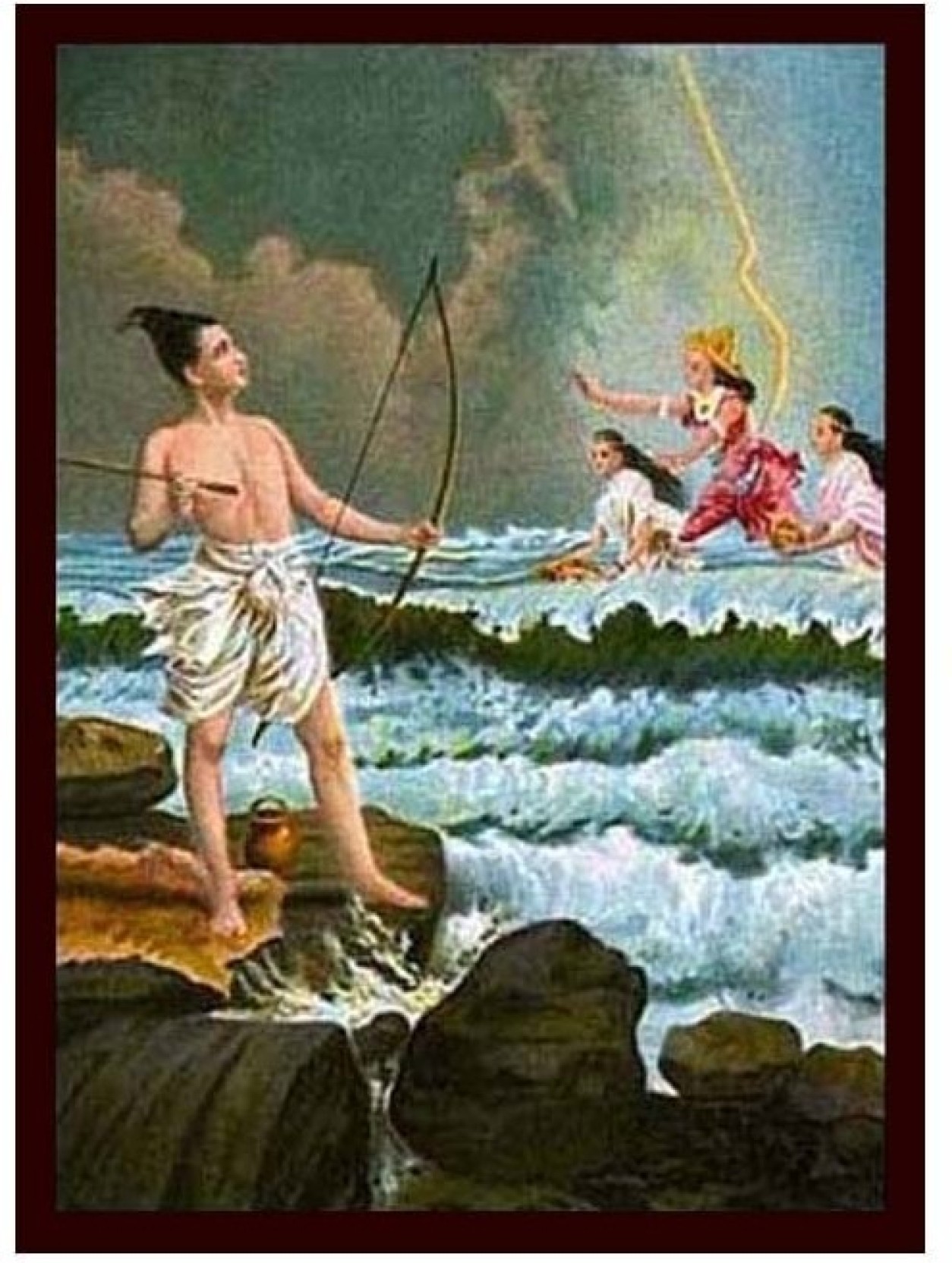Old diary excerpt:
I have to give credit to Srila Prabhupada. He taught me all the good there is in other beliefs, not just the incompleteness or what's missing which is what would mostly make up the differences. He helped me arrive at the conclusion that Krishna consciousness contains not only what every other belief has that is truth, but it gives the view of the whole forest from above the trees, including how all the other beliefs fit in.
It's like seeing the whole elephant. We may all be blind and each of us is trying to understand one part of an elephant, in other words we are spiritually blind, but we may have our own little truth or realization of one part of the whole truth. It may not be perfect, it may not be complete, but we have something to hold onto, to sustain us. That is until we meet a genuine guru like Prabhupada. A rare jewel who can see the whole elephant and reveal it to one who sincerely wants to see also. Then our truth becomes full realization. We can see the bigger picture. It is no longer distorted but crystal clear.
I mean, to learn to read we go to a teacher, right? So how should something as important as understanding spirit be any different? Some say the truth is within you; you don't need a teacher, but ironically that person has taken the position of a teacher!
Actually, we have a conditioned mind and senses, unable to penetrate the Absolute Truth. Lifetimes of conditioning. That is, until we meet one who can see what is what. We are bound, so we need the help of the unbound. The unbound can reveal to us our original spiritual nature, the transcendental position.
It was six men of Hindustan
To learning much inclined,
Who went to see the Elephant
(Though all of them were blind)
That each by observation
Might satisfy the mind.
The first approached the Elephant
And happening to fall
Against his broad and sturdy side
At once began to bawl:
"Bless me, it seems the Elephant
Is very like a wall".
The second, feeling of his tusk,
Cried,
"Ho! What have we here
So very round and smooth and sharp?
To me 'tis mighty clear
This wonder of an Elephant
Is very like a spear".
The third approached the animal,
And happening to take
The squirming trunk within his hands,
Then boldly up and spake:
"I see," quoth he, "the Elephant
Is very like a snake."
The Fourth reached out an eager hand,
And felt about the knee.
“What most this wondrous beast is like
Is mighty plain," quoth he;
"'Tis clear enough the Elephant
Is very like a tree!"
The Fifth, who chanced to touch the ear,
Said: "E'en the blindest man
Can tell what this resembles most;
Deny the fact who can,
This marvel of an Elephant
Is very like a fan!"
The Sixth no sooner had begun
About the beast to grope,
Than, seizing on the swinging tail
That fell within his scope,
"I see," quoth he,
"the Elephant
Is very like a rope!"
And so these men of Hindustan
Disputed loud and long,
Each in his own opinion
Exceeding stiff and strong,
Though each was partly in the right
And all were in the wrong.
So oft in theologic wars,
The disputants, I ween,
Rail on in utter ignorance
Of what each other mean,
And prate about an Elephant
Not one of them has seen!
—John Godfrey Saxe




